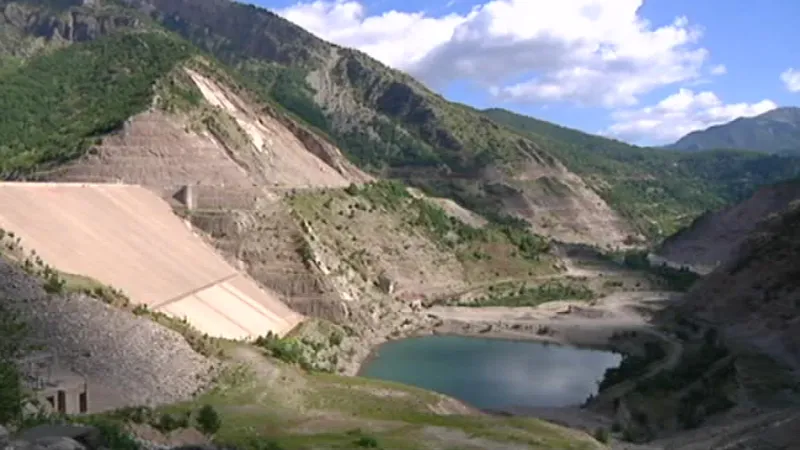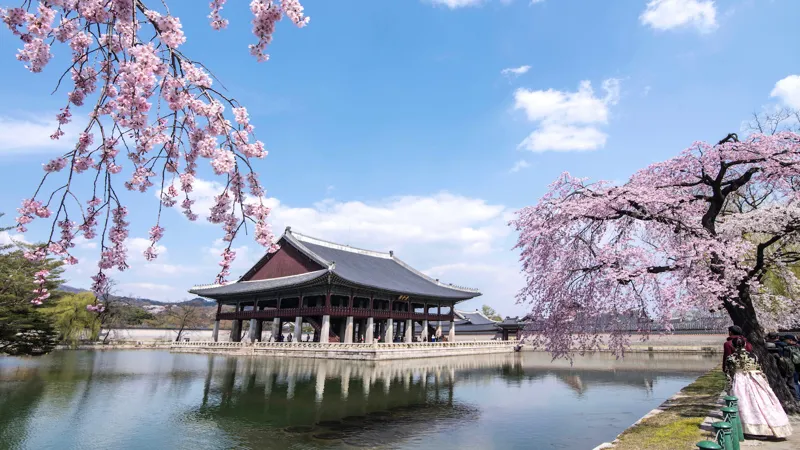The water crisis in southern Greece has reached alarming levels, particularly in the Argolida region, where aging infrastructure and climate change have combined to exacerbate the already fragile water supply. As leaks drain precious resources from irrigation canals and underground pipes, local residents face challenges not only in accessing clean water but also in maintaining their agricultural livelihoods, notably in the cultivation of oranges. With Europe grappling with a broader water security initiative, the situation in Greece highlights the urgent need for comprehensive solutions to prevent further deterioration of this vital resource.
| Category | Details |
|---|---|
| Location | Argolida region, southern Greece |
| Water Issues | Water escapes through cracks in irrigation canals and old pipes lose over 50% of pumped water. |
| Current Situation | Residents advised against drinking contaminated brackish water during summer. |
| EU Campaign | Launched to combat climate change-driven water crisis affecting 38% of EU population. |
| Financial Investments | Greece has spent over 1.5 billion euros on water infrastructure since 2019. |
| Water Loss | Greece loses about 50% of drinking water from leaks and theft, nearly double the EU average of 23%. |
| Quality of Water | Brackish water tested showed high levels of chlorides and sodium, harmful to health. |
| Access to Safe Drinking Water | In Ermioni, only 8% of residents have permanent access to safe drinking water. |
| Environmental Impact | Reliance on bottled water creates additional environmental problems. |
| Agricultural Impact | Farmers dig deep for water, which often has high salt content due to seawater intrusion. |
Understanding the Water Crisis in Argolida
The water crisis in Argolida, a region in southern Greece, highlights the severe challenges faced by the local population. Due to leaks in irrigation canals and old underground pipes, a staggering amount of water is wasted. Officials report that more than half of the pumped water is lost, making it difficult for residents to access clean drinking water. This situation makes it clear that urgent action is needed to protect this vital resource.
As summer arrives and reservoir levels drop, residents in towns like Nafplion are advised against drinking the contaminated water that sometimes reaches their taps. Many people, like Lydia Sarakinioti, have turned to bottled water for cooking and drinking, showing just how serious the water quality issue is. The ongoing water crisis affects daily life and raises concerns about health and safety for the people living in Argolida.
The Role of Climate Change in Water Scarcity in Greece
Climate change is a significant factor contributing to the water crisis in Greece. With warmer temperatures and erratic rainfall patterns, the region has experienced some of the driest summers on record. These weather changes have not only depleted reservoirs but also increased the challenge of managing existing water supplies. As temperatures rise, the demand for water continues to grow, while sources are diminishing.
In response to these challenges, the European Union has launched initiatives aimed at assessing and improving water management across its member states. The urgency of the situation is evident, as EU countries are required to evaluate their water leakage levels and implement solutions. This campaign is not just about fixing leaks; it’s about ensuring that every citizen has access to safe and reliable drinking water, which is increasingly at risk due to climate impacts.
The Cost of Fixing Greece’s Water Infrastructure
Repairing Greece’s outdated water infrastructure is an expensive undertaking. The government has already invested over 1.5 billion euros in drinking water projects since 2019, yet significant challenges remain. In Argolida alone, the leakage rate is alarmingly high, with some areas losing up to 80% of their water supply. This waste not only strains resources but also complicates efforts to improve water quality and access for residents.
Experts emphasize that before adding new solutions, such as desalination plants, the existing network must be repaired to prevent further losses. Prime Minister Kyriakos Mitsotakis has acknowledged the need for fundamental fixes, indicating that the government is looking for EU funding to support these efforts. However, the road to a more sustainable water system in Greece will require ongoing commitment and investment.
Impact of Poor Water Quality on Residents’ Health
The poor quality of water in Argolida has severe implications for the health of its residents. When local lakes shrink, authorities often resort to adding brackish water from alternative sources, which can lead to elevated levels of harmful substances like chlorides and sodium. For individuals with health issues, such as high blood pressure or kidney problems, this contaminated water poses a significant risk.
In towns like Ermioni, the situation is even more dire, with only a small percentage of residents having access to safe drinking water. Most rely on bottled water, which not only strains their finances but also creates environmental challenges due to plastic waste. As farmers dig deeper for water, they often find salty water that exacerbates the crisis, highlighting the urgent need for sustainable solutions to protect public health.
The Environmental Consequences of Water Mismanagement
Water mismanagement in Argolida also has broader environmental consequences. The reliance on bottled water and the degradation of local water sources contribute to pollution and habitat loss. As residents face a scarcity of clean water, the over-extraction of underground aquifers can lead to further ecological imbalance, including the intrusion of seawater into freshwater supplies.
Farmers in the region are already feeling the impacts of these environmental changes. With two years of drought, they struggle to find adequate water for their crops, often resorting to digging deep into the ground. This not only depletes the aquifers but also disrupts the natural ecosystems, making it crucial for local authorities to adopt more sustainable water management practices to protect both people and the environment.
Steps Towards Sustainable Water Solutions in Greece
To address the ongoing water challenges in Argolida, sustainable solutions are essential. The government and local officials are exploring various approaches, including extending the irrigation network and investing in new technologies for water conservation. By improving the efficiency of water use in agriculture and ensuring better management of local resources, it is possible to mitigate the impacts of the crisis.
Collaboration with the European Union is also vital for implementing these solutions effectively. By securing funding and technical assistance, Greece can modernize its water infrastructure and implement innovative strategies, such as rainwater harvesting and wastewater recycling. These efforts will not only help secure a reliable water supply for future generations but also promote environmental sustainability across the region.
Frequently Asked Questions
What is causing the water crisis in southern Greece?
The water crisis in southern Greece is caused by leaks in irrigation canals and old underground pipes losing over half the pumped water, worsened by climate change and erratic rainfall.
How does the water quality in Nafplion affect residents?
Residents in Nafplion often face poor water quality, with contaminated brackish water leading them to rely on bottled water for drinking and cooking.
What actions is the EU taking to address the water crisis?
The EU has launched a campaign to assess water leakage levels and improve water security, requiring member countries to report by next year.
Why are the underground pipes in Greece a problem?
Many underground pipes in Greece are old and leaky, causing significant water loss, with some areas experiencing leakages of up to 80%.
How much has Greece invested in water infrastructure?
Since 2019, Greece has invested over 1.5 billion euros in drinking water infrastructure to combat the ongoing water crisis.
What are the health risks associated with the poor water quality?
Contaminated water in Argolida has high levels of chlorides and sodium, which can be harmful, especially for those with blood pressure or kidney issues.
What solutions are being proposed for the water issues in Argolida?
Proposed solutions include extending the irrigation network and adding a desalination unit, but officials stress that fixing leakages is essential first.
Summary
The water crisis in southern Greece is worsening, especially in the Argolida region, where old pipes lose over half the water, and irrigation canals leak. Residents are advised not to drink the contaminated water, leading many to rely on bottled water. The EU is addressing this issue, as 38% of its population faces water shortages due to climate change, with Greece losing nearly half its drinking water from leaks. Government officials stress the need for urgent repairs and better infrastructure to ensure safe water for the agricultural hub, which produces a significant portion of Greece’s oranges.



